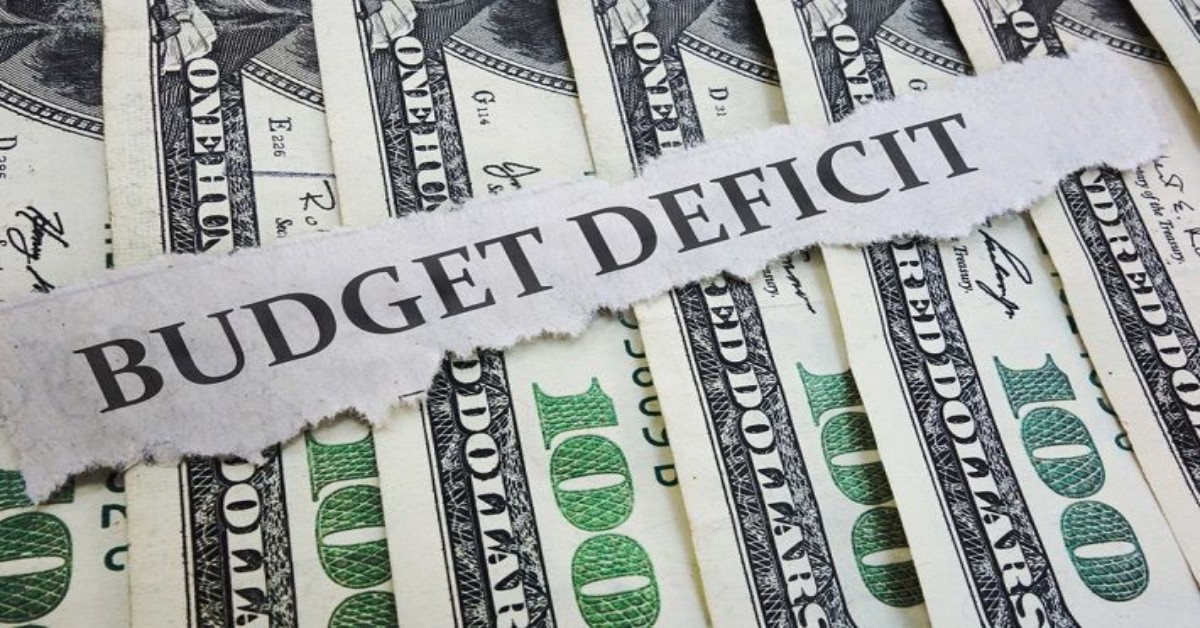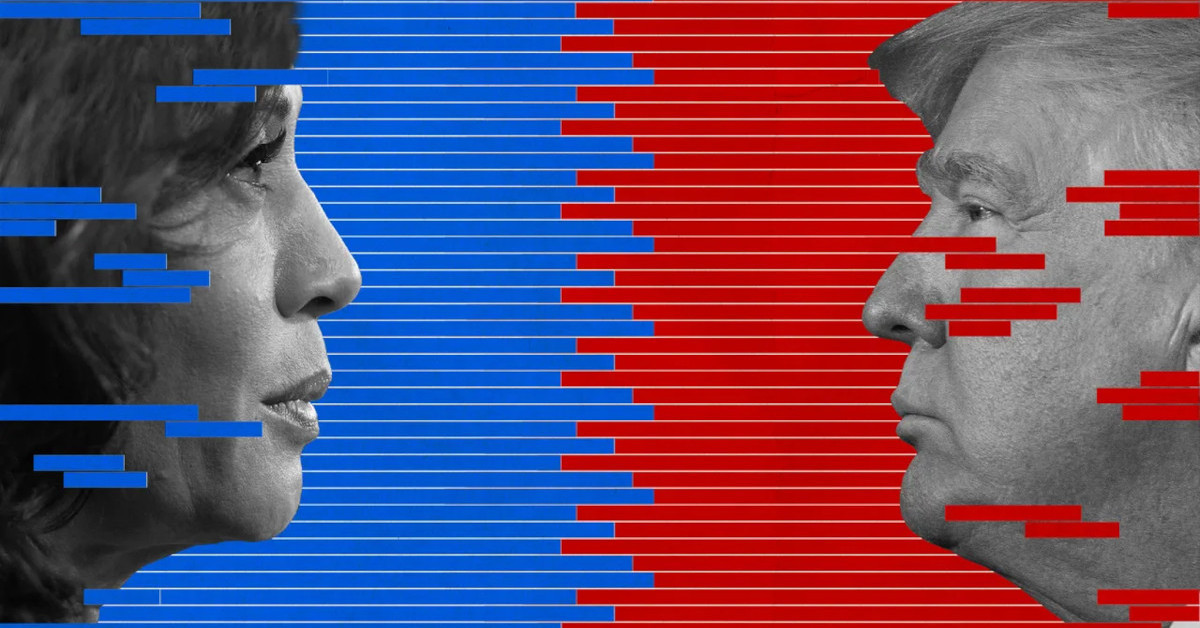US Department of the Treasury and Emergency Cash Protection Plan.
While we have many discussions about new government economic support under different names like Biden's infrastructure plan and Democrat's Budget Plan, some concerns are highlighted about funding.
The large-scale stimulus has triggered an emergency in the US budget deficit, and the two parties have not reached a consensus on raising the government debt level.
During the pandemic crises, the low-interest-rate policy with ultra dovish monetary policies that caused crazy borrowing has made the current US budget deficit further hit a record level. In less than a year, the size of the US balance sheet has increased significantly by more than 4 trillion US dollars.
However, considering that economic development in the United States slowed a bit in past months, the policymakers still supporting the dovish policies and more supports, but to have it, first of all, two parties in the United States must reach a consensus on raising the debt level soon; otherwise, the Treasury Department will face a shutdown (unable to issue bonds), and the government also technically will face difficulties to advance its policies.
Treasury Department officially stopped issuing bonds to the states. It launched a particular measure "Emergency Cash Protection plan," last Monday to allow it to directly pay government bills without giving new debts to the federal government.
According to the Treasury Department data, recently, the scale of the issuance of Treasury bills of the Ministry of Finance has been significantly reduced. Three billion US dollars have reduced the three-month and six-month Treasury bills to avoid debt exceeding the maximum limit.
On the other side, disagreement between the two parties in reaching a definite result for the maximum level of government debt decreased the demand and enthusiasm for holding bonds, ended with higher risk for Treasury bills, due in October and November.
According to the US Congressional Budget Office (CBO) estimates, with the first scenario, fiscal funds will be exhausted in mid-November. Therefore, if the debt ceiling issue can be resolved before November, the economic outlook will less impact. Suppose the pandemic can be controlled and decrease the infection numbers (increased vaccination rate, reduce hospitalization rate, and lower mortality rate). In that case, the economy is expected to recover more than estimates, and it will end with increasing national tax revenues that help delay the depletion of fiscal funds. However, and on the opposite side, with worsening the situation, the government will be forced to spend more to support the economy, and tax revenues are reduced due to the economic downturn; fiscal funds may be exhausted as early as October. They will have a more brutal impact market, and market risk will be increased.
In reaction to these scenarios, increasing risk will increase the safe-haven demand, decrease the US bond yields and stock markets, and vice versa.


















